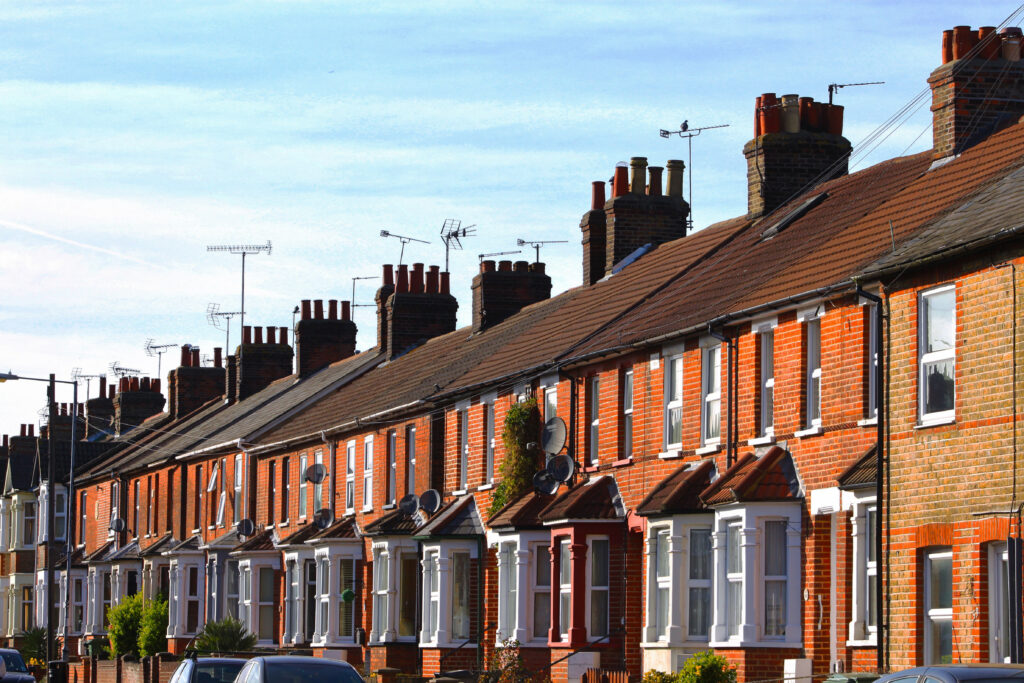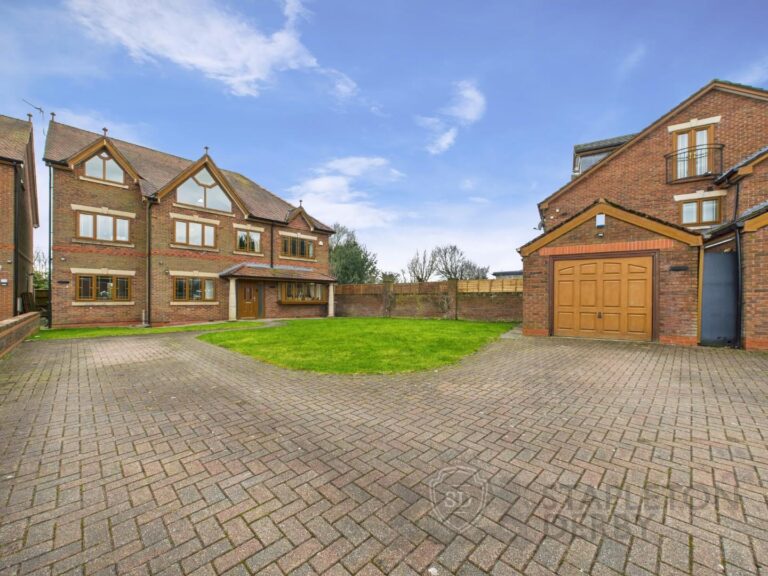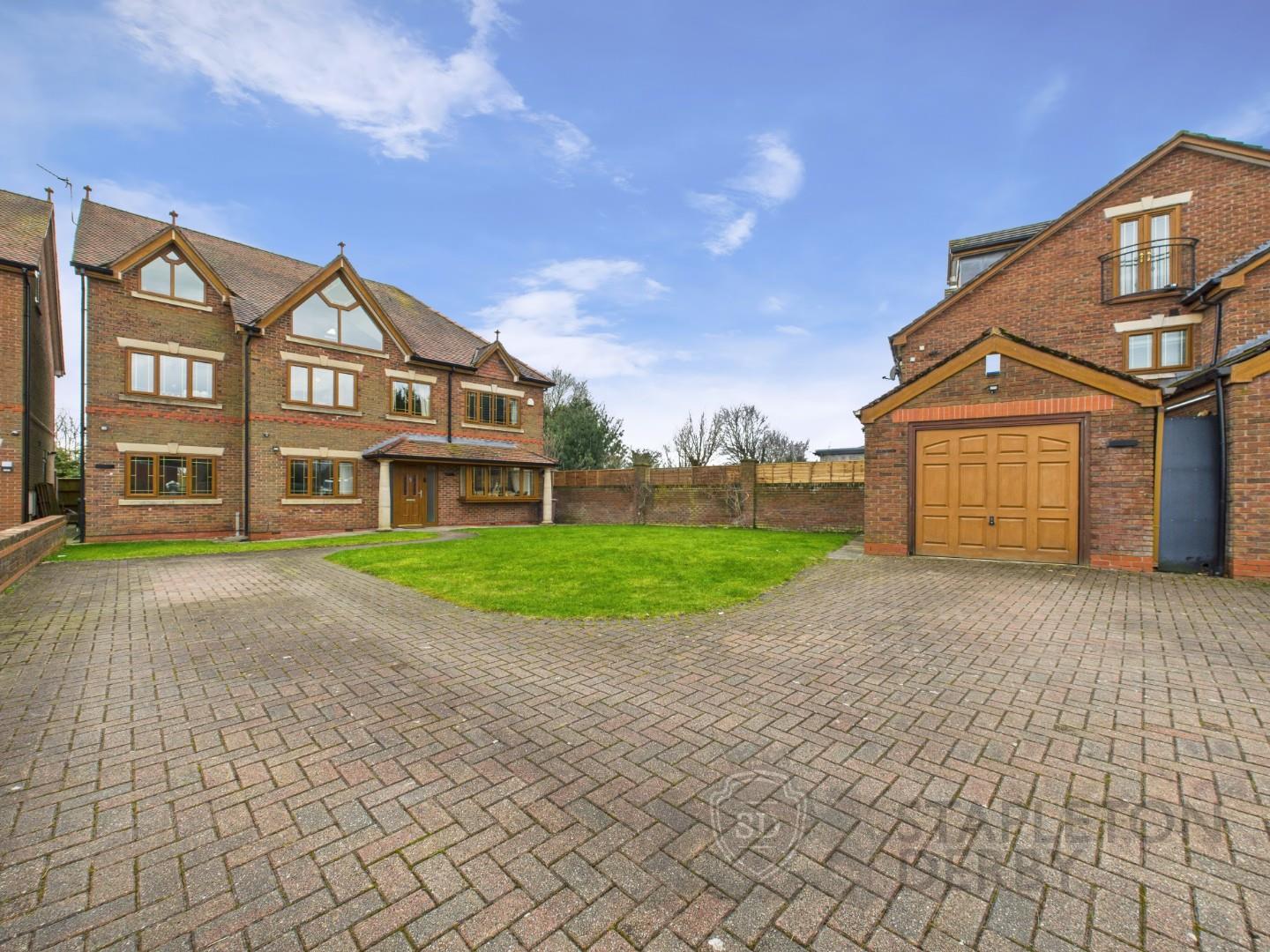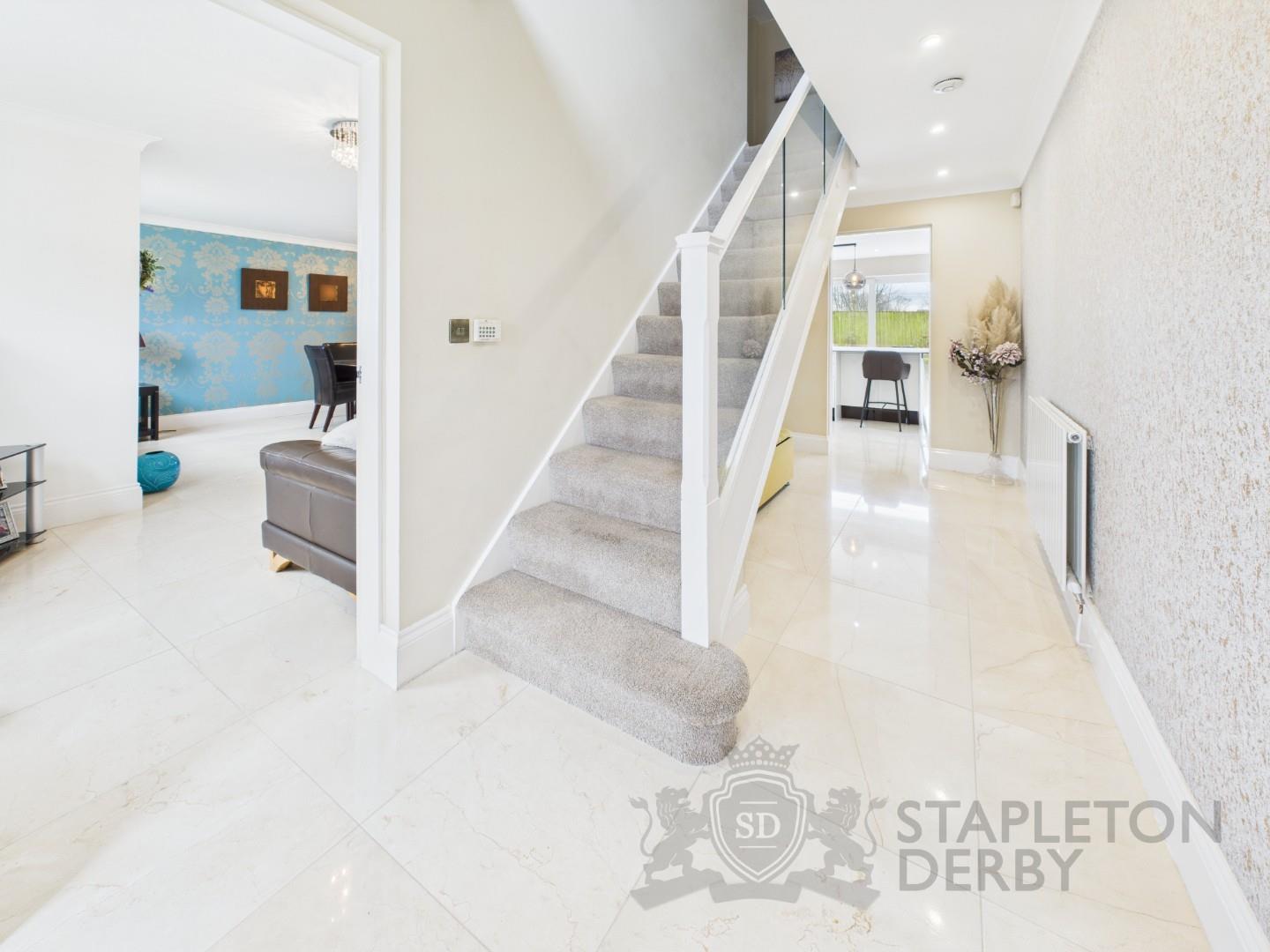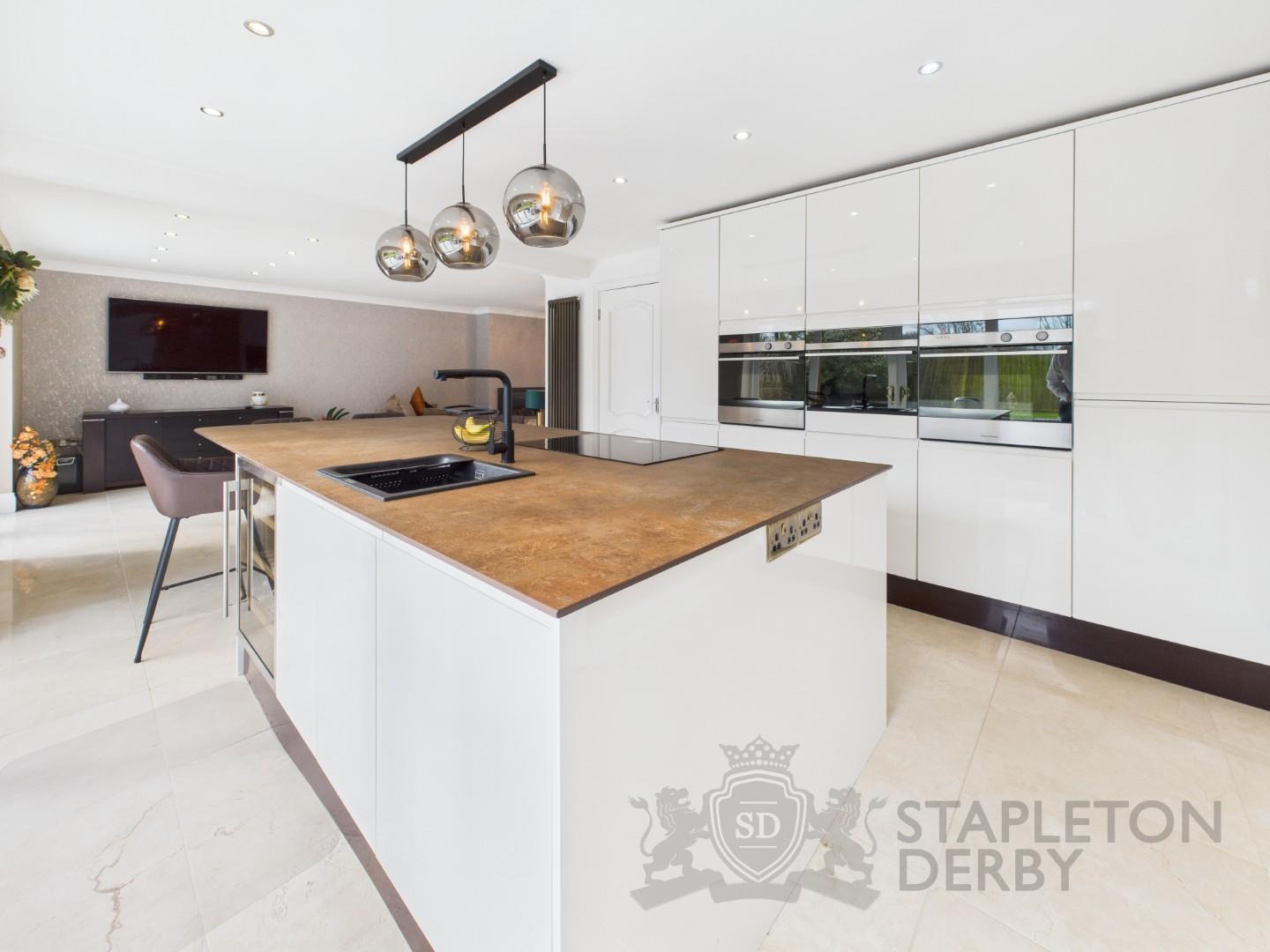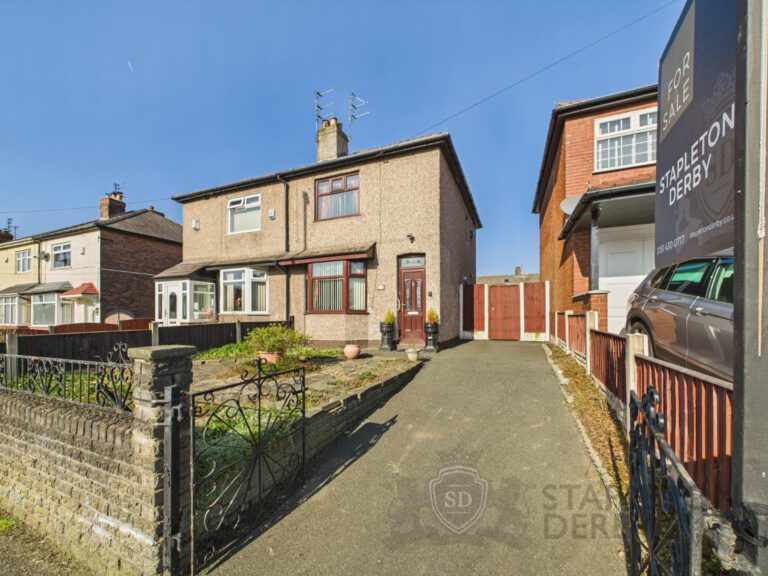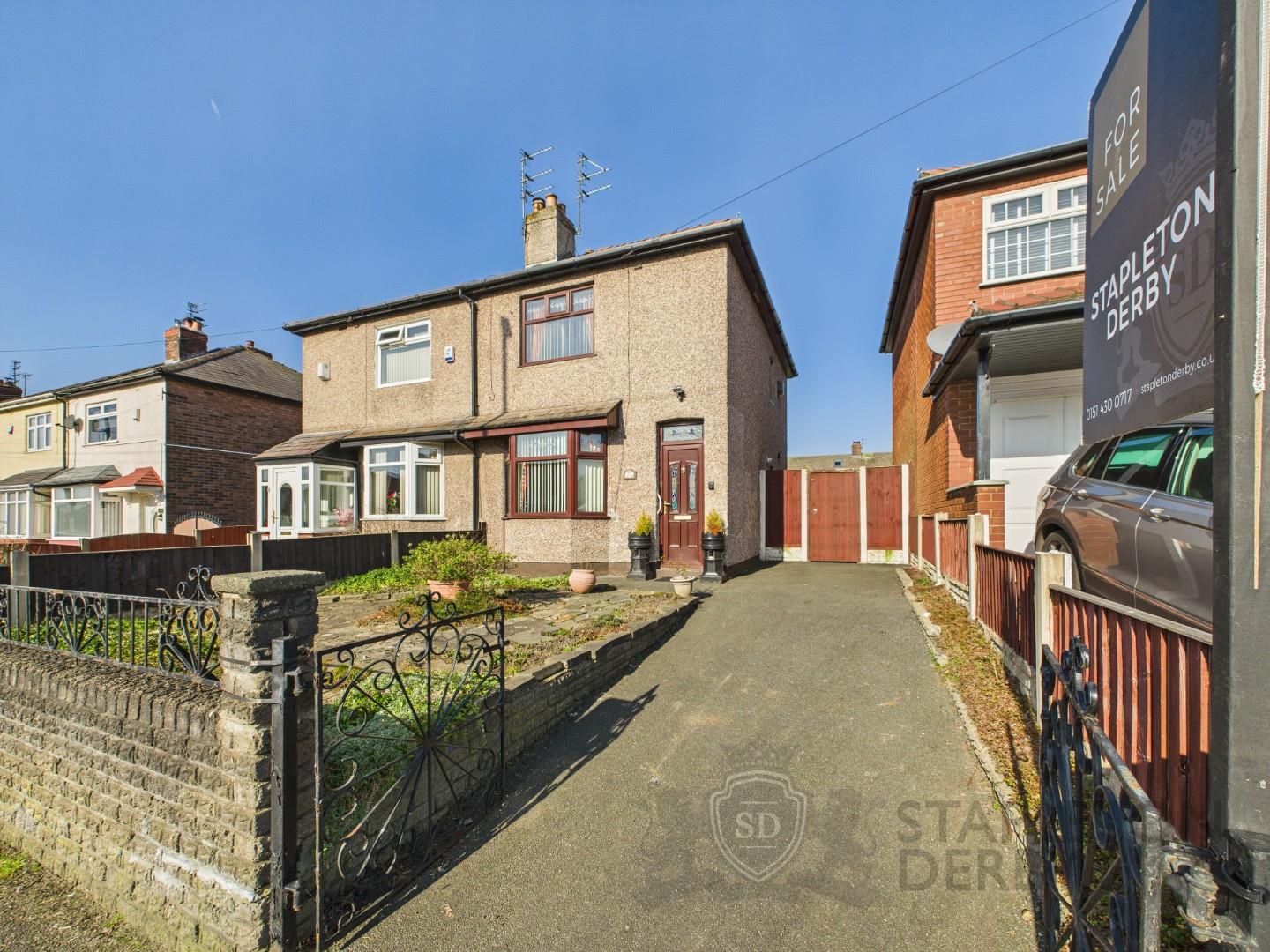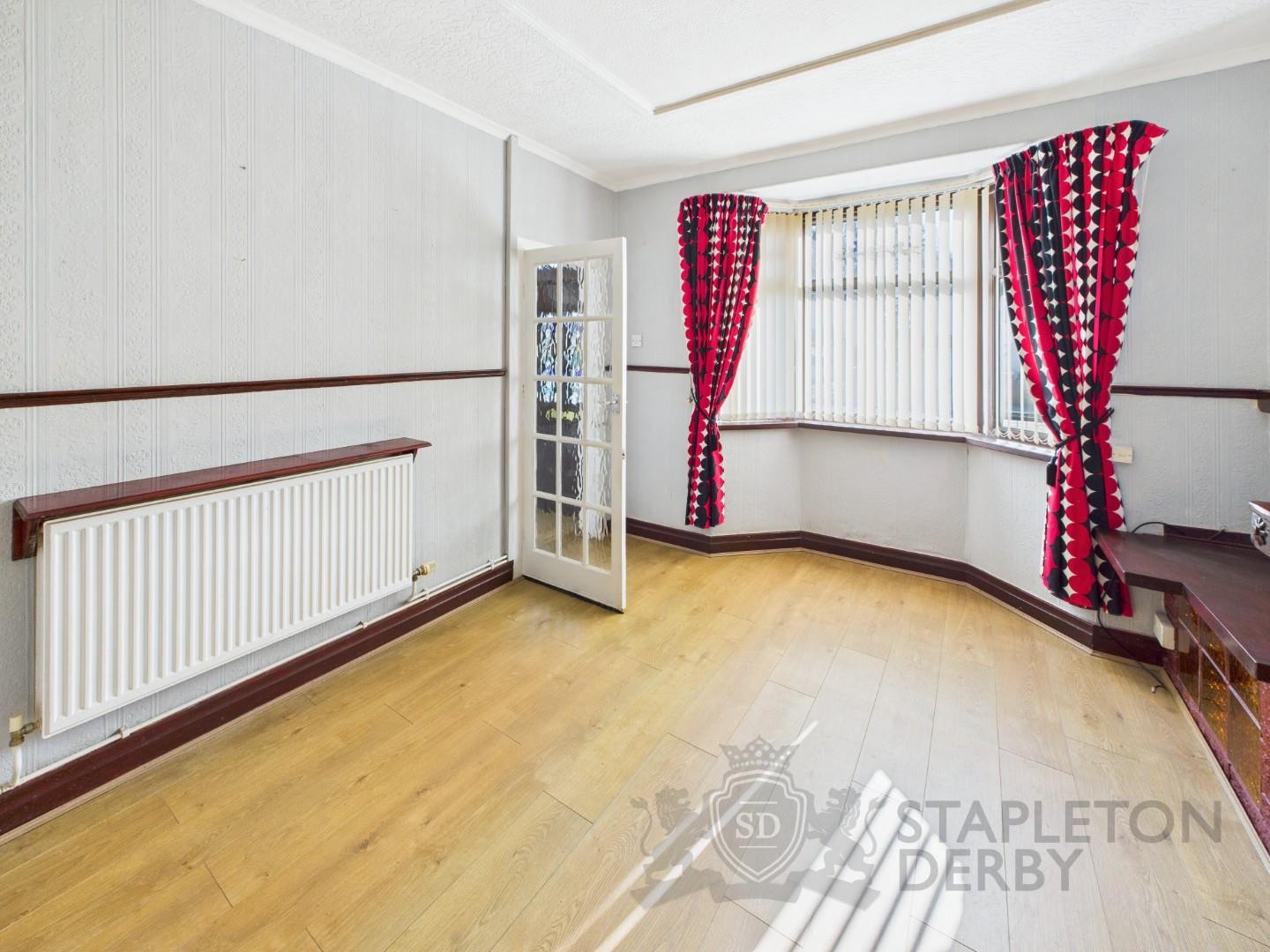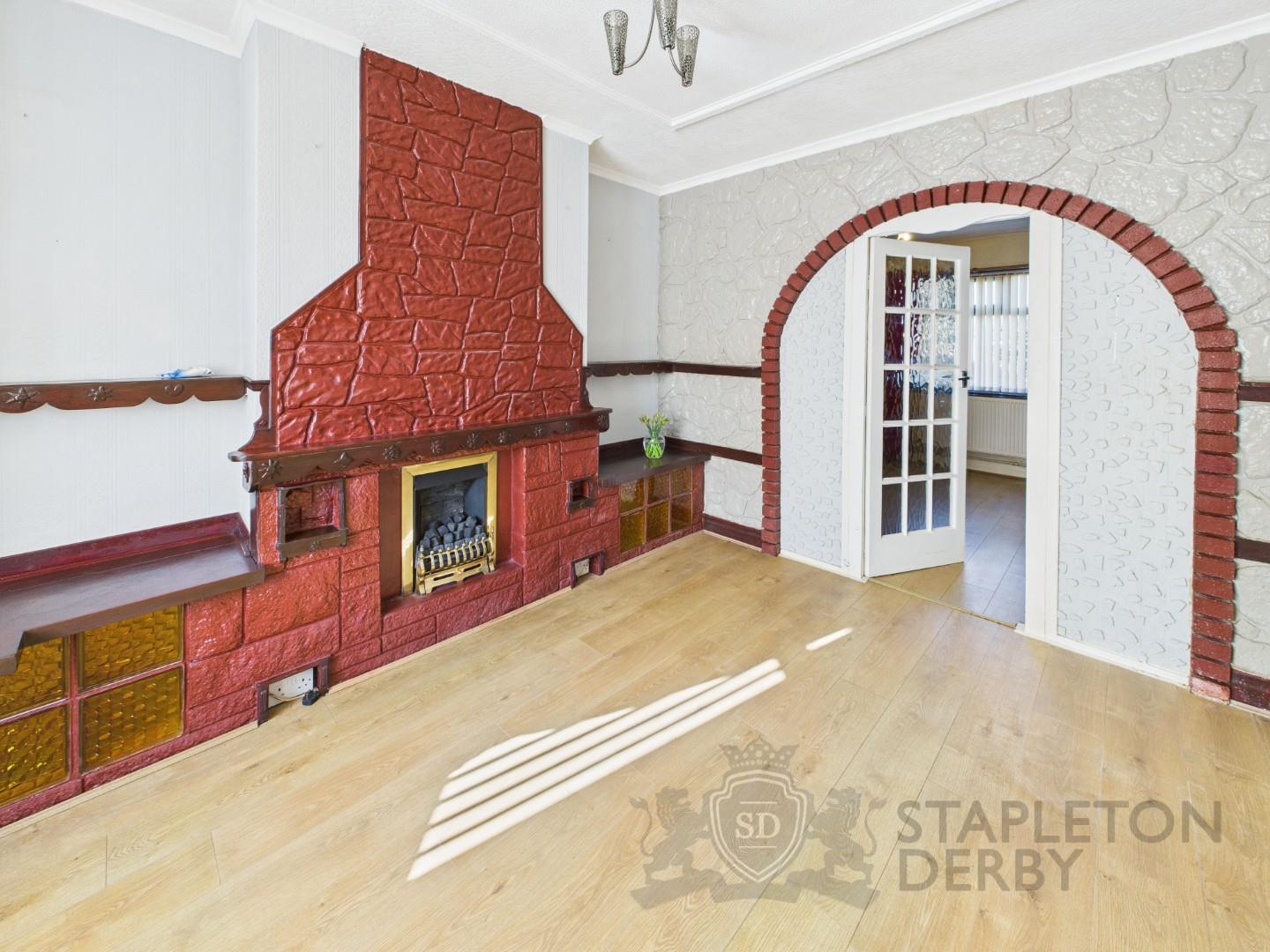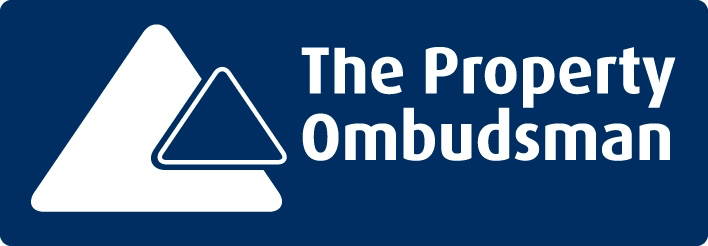Those of us who’ve ever searched for that dream home, will know what a headache it can be.
Deciding upon a perfect property can be a daunting, confusing and expensive prospect, and, with so many important decisions to make, it can be difficult to know where to start!
How wonderful it would be to have a fairy godmother wave their magic wand and guide us into the house in which we’d be happiest, most secure, most profitable, most energy efficient etc.
How can you possibly make all of these seemingly life-changing choices all at once?
Well, you’ll be relieved to hear that the best decisions can always be reached with just a little bit of research. Here are a few questions to ask yourself when beginning your house hunting adventure:
What can I afford?
If you are borrowing money from a bank or building society, then you should firstly have an idea of what you can afford. Are you eligible for Help to Buy? Think about whether you wish to go for a comfortable mortgage with smaller repayments or if you can stretch yourself that little bit further for that little bit more house. A mortgage broker will be able to give you an idea of the amount you could raise based on your income, deposit and the term over which you wish to borrow. Online calculators can often give you an estimate based on basic multipliers however everyone’s circumstances are different.
Where is the property?
Are you buying a house in a quiet cul-de-sac, on a busy main road or by a noisy dual carriageway? Is your property on a large estate, in the countryside or in a big city? Where are the nearest railway links, bus routes or motorways? The availability of off road parking can vastly improve a property’s value and also decrease your car insurance costs. The location in which you choose to buy a property should be based on the lifestyle you have now and the one you want to build during your time living in that property. If you have or plan to have children, are you within the catchment area for good schools? If you commute to work each day, do you have easy access to major road networks and train stations?
How old is the property?
What type of house are you looking for? Would you prefer moving into a new or recently built property, which you may be able to inhabit at the drop of a hat? Or have you fallen in love with a 16th century cottage which, although beautiful, may require more than a lick of paint in order to make it liveable? Building regulations have changed significantly therefore buying a house pre-1990 may carry with it certain conditions that you had not anticipated. The age of the property is not necessarily the issue however the soundness of construction will dramatically affect your ability to raise a mortgage. An independent, RICS-approved surveyor will be able to provide you with the information and peace-of-mind that you need.
What are the local schools like?
Are the schools in the area rated as Outstanding or are they in Special Measures? Ofsted school ratings can be fickle, but they do have a significant effect on house prices. A property in a sought-after catchment area can bemore desirable to buyers with families. Schools could still be a consideration even if your family has flown the nest or you do not intend to have children. At some stage within the next 5, 10 or 20 years the time will come to sell your home and therefore choosing a property now with good resale potential is key.
To garden or not to garden?
Are you someone who knows their Camellias from their Chrysanthemums? Or would a perfectly manicured lawn be too much work to fit into your busy schedule? It is important to also consider the potential resale benefits of a garden before you patio over that cabbage patch! Again the question here is one of resale. You are, of course, buying a property that is the perfect match for you lifestyle however your property must remain attractive to potential buyers when the time comes to sell.
How big is the property?
Is there room to extend? Could a conservatory be added in the future? A smaller house might be sufficient for now but think about if you could eventually build that cinema room, games room or indoor swimming pool you’ve always dreamed of! Families tend to grow thanks to children, their partners, their children and that of their grand-children. Will your property give you the room to grow that you really need?
How many bedrooms?
How many bedrooms are you ideally looking for? Think about your requirements for now but also consider whether more people will be living in the property during the time you are there. The number of bedrooms tends to correlate with the ongoing cost of running the property. You may be able to afford a substantial deposit on a large house but consider whether the monthly costs will be affordable.
How do other properties compare in price?
Are you getting value for money? Have an idea of what other similar properties are selling for. This can easily be done with a quick Zoopla search, by looking at Land Registry Records available online or by searching local property listings. As a rule, try to compare only to properties of a similar construction in the same road or estate that are maintained/ developed to a similar standard. St Helens is a crucible of residential development. 5 different phases of construction can be seen on one road in some residential areas of Eccleston, for example meaning that the value of the properties will vary significantly.
Buying a house is an exciting time but can be fraught with pitfalls. Remember that Stapleton Derby are here to help you every step of the way.
For more help in finding your dream home visit https://www.stapletonderby.co.uk/ to book your free consultation

